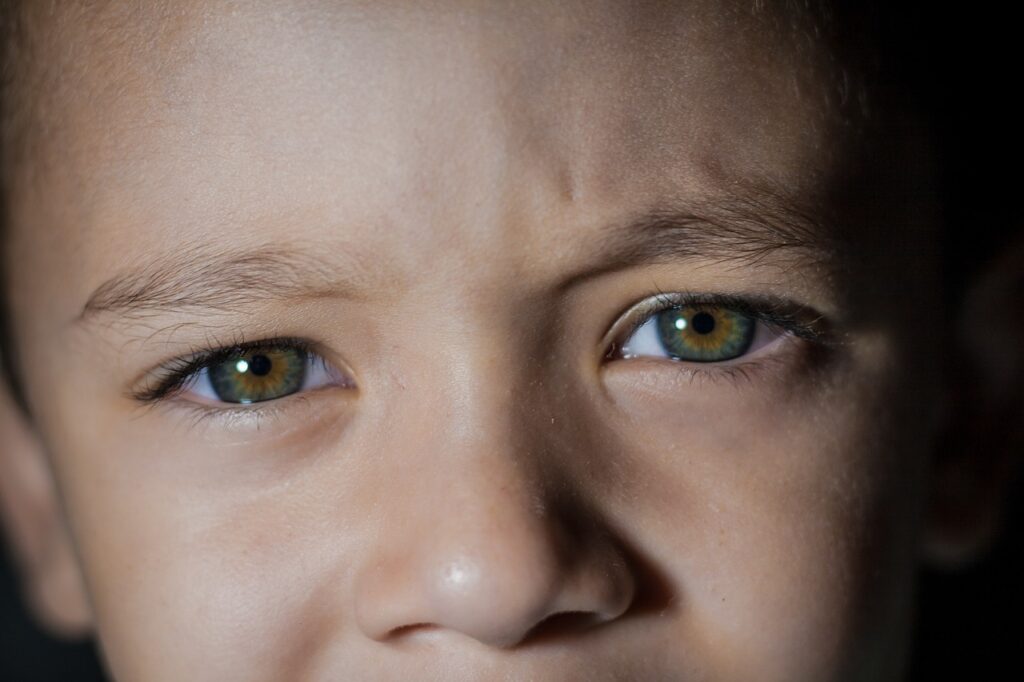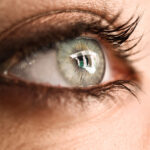
Overview
Eye allergies can be frustrating for children, causing discomfort and affecting their daily lives. Known medically as allergic conjunctivitis, these allergies occur when allergens irritate the eyes, triggering symptoms like redness, itchiness, and excessive tearing. This guide delves into kids’ allergy eye drops, helping parents understand their options, how to use them, and preventive measures for managing eye allergies.
Why Are Eye Allergies Common in Kids?
Children’s developing immune systems make them more vulnerable to allergies. When allergens like pollen or dust come into contact with the eyes, the body reacts by releasing histamines. This immune response leads to symptoms such as inflammation, redness, and itching.
Common Triggers of Eye Allergies in Kids
-
- Pollen: A major cause of seasonal allergies, especially during spring and fall.
-
- Dust Mites: Microscopic pests found in bedding and upholstery.
-
- Pet Dander: Allergens shed by cats, dogs, and other furry animals.
-
- Mold: Grows in damp environments and can cause year-round allergies.
Understanding these triggers allows parents to minimize exposure, reducing the severity of allergic reactions.
Symptoms of Eye Allergies in Kids
Children may not always express discomfort clearly, so parents must watch for telltale signs of eye allergies:
-
- Red or bloodshot eyes: Indicates irritation or inflammation.
-
- Itchy or burning sensation: Often causes kids to rub their eyes frequently.
-
- Watery eyes: Excessive tearing without signs of infection.
-
- Swollen eyelids: Puffiness, particularly noticeable in the morning.
-
- Sneezing or nasal congestion: Often accompanies seasonal allergies.
Eye Allergies vs. Other Conditions
-
- Pink Eye (Conjunctivitis): Includes discharge, fever, and irritation that usually starts in one eye.
-
- Dry Eye Syndrome: Caused by insufficient tear production, resulting in gritty sensations but not itching.
If symptoms persist or worsen, consult a healthcare provider for an accurate diagnosis.
Types of Kids’ Allergy Eye Drops
Eye drops are a cornerstone of allergy management, offering relief from various symptoms. The following are the most common types of eye drops for children:
Artificial Tears
-
- Function: Rinse out allergens and hydrate the eyes.
-
- Usage: Can be used several times a day.
-
- Best for: Mild allergies or dryness caused by allergens.
Antihistamine Eye Drops
-
- Function: Block histamines, reducing redness and itchiness.
-
- Usage: Particularly effective during allergy seasons.
-
- Example: Zaditor (ketotifen), suitable for children aged 3 and older.
Decongestant Eye Drops
-
- Function: Alleviate redness by constricting blood vessels.
-
- Caution: Use sparingly to avoid dependency or rebound redness.
Prescription Eye Drops
-
- Function: Treat severe allergies or associated conditions.
-
- Examples: Steroid-based drops for inflammation, prescribed by an eye doctor.
Always consult a healthcare provider before introducing new eye drops to ensure their suitability for your child.
How to Administer Eye Drops to Kids
Getting a child to accept eye drops can be a challenge. These steps can make the process smoother:
-
- Wash Your Hands: Prevent contamination.
-
- Explain the Process: Reassure your child to ease anxiety.
-
- Position Properly: Have the child lie down or tilt their head back.
-
- Create a Pocket: Gently pull down the lower eyelid.
-
- Apply Drops: Squeeze one drop into the pocket without touching the dropper to the eye.
-
- Encourage Blinking: Helps distribute the drops evenly.
If your child resists, place a drop in the inner corner of a closed eye and let it seep in when they blink.
Preventing Eye Allergies in Kids
Prevention is key to minimizing allergy symptoms. Here are some practical strategies:
Indoor Tips
-
- Close Windows: Keep them shut during high-pollen seasons.
-
- Use Air Purifiers: Install HEPA filters to trap allergens.
-
- Clean Regularly: Vacuum carpets and wash bedding weekly in hot water.
Outdoor Tips
-
- Protective Gear: Have your child wear sunglasses and a wide-brimmed hat outdoors.
-
- Avoid Peak Pollen Hours: Stay indoors in the early morning and late evening.
-
- Clean After Play: Wash hands, face, and even hair to remove allergens.
These measures can reduce allergen exposure, leading to fewer allergic reactions.
Additional Remedies for Eye Allergies
Eye drops are effective, but they work best when combined with other remedies:
-
- Cool Compresses: A cold washcloth on the eyes reduces swelling and itching.
-
- Oral Antihistamines: Medications like loratadine or cetirizine can relieve systemic symptoms.
-
- Hydration: Encourage your child to drink plenty of water to prevent dryness.
-
- Allergy Shots (Immunotherapy): Long-term relief for severe allergies, administered under medical supervision.
These complementary strategies can provide holistic relief and improve your child’s quality of life.
When to See a Healthcare Provider
While most cases of eye allergies are manageable, some symptoms may require medical attention:
-
- Symptoms persist or worsen after two days of treatment.
-
- Thick, colored discharge appears.
-
- Swelling interferes with vision or normal eye movement.
-
- Fever accompanies eye symptoms.
In these cases, a healthcare provider can recommend specialized treatments or rule out underlying conditions
Teaching Kids Good Eye Hygiene
Educating children on eye hygiene can prevent further irritation and complications:
-
- Avoid Rubbing Eyes: Rubbing exacerbates symptoms and introduces germs.
-
- Wash Hands Frequently: Reduces the transfer of allergens to the eyes.
-
- Use a Clean Towel: For wiping eyes, ensuring it’s not shared with others.
By instilling these habits, parents can help their children avoid prolonged discomfort.
The Takeaway
Managing eye allergies in children doesn’t have to be overwhelming. With the right kids’ allergy eye drops, preventive measures, and a combination of complementary remedies, parents can alleviate their child’s discomfort and ensure a better quality of life
-
- Identify triggers and reduce exposure.
-
- Choose the right type of eye drops for your child’s specific needs.
-
- Always consult a healthcare provider for persistent or severe symptoms.
-
- Educate your child about good eye hygiene to prevent complications.
By taking a proactive approach, you can help your child navigate allergy seasons with ease and comfort
Frequently Asked Questions
What are the safest eye drops for kids with allergies?
The safest options are artificial tears and antihistamine eye drops like Zaditor (ketotifen), which are approved for children aged 3 and older. Always consult a healthcare provider before using any eye drops.
Can I use over-the-counter eye drops for my child’s allergies?
Yes, many over-the-counter eye drops, such as artificial tears and antihistamine eye drops, are safe for mild to moderate allergies. However, consult a doctor if symptoms persist or worsen.
How often can I use kids’ allergy eye drops?
The frequency depends on the type of eye drops. Artificial tears can be used multiple times a day, while antihistamine or decongestant drops should be used as directed, typically no more than twice daily.
How do I know if my child needs prescription allergy eye drops?
If your child’s symptoms are severe, persistent, or not improving with over-the-counter treatments, a doctor may recommend prescription-strength eye drops, such as steroid-based options, for more effective relief



